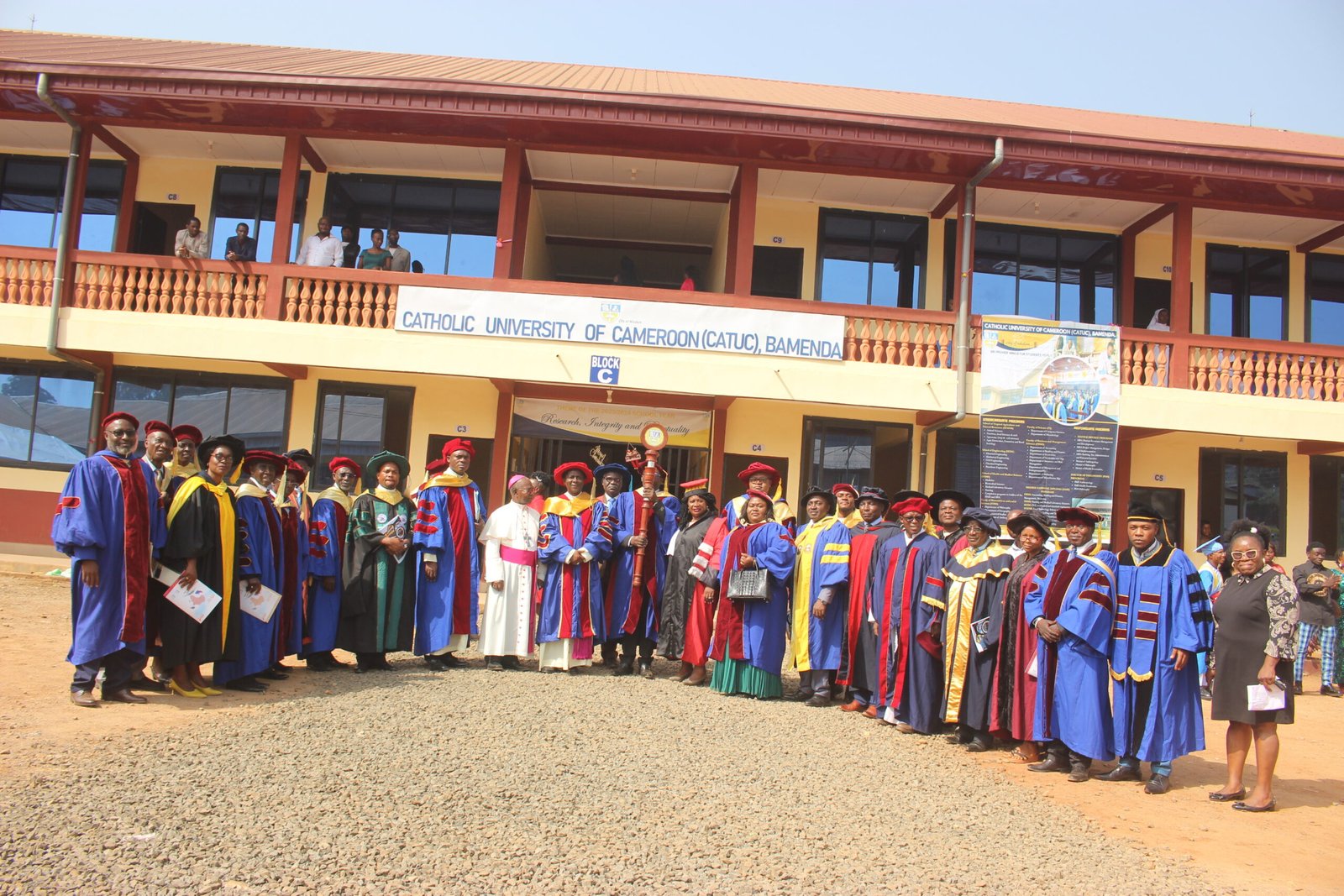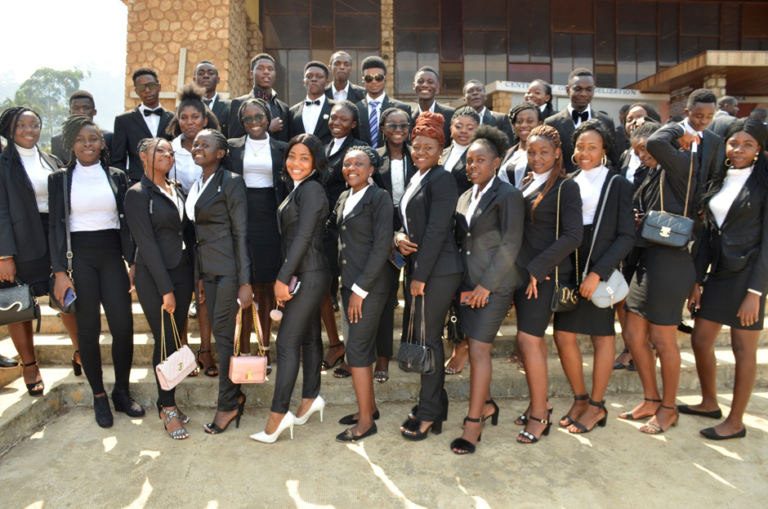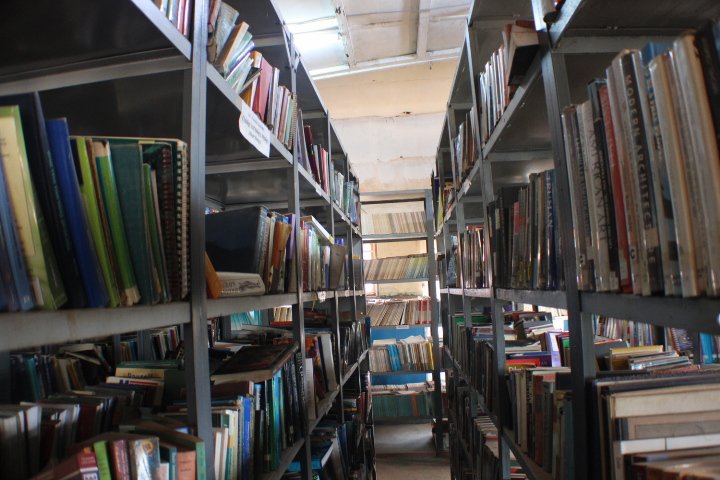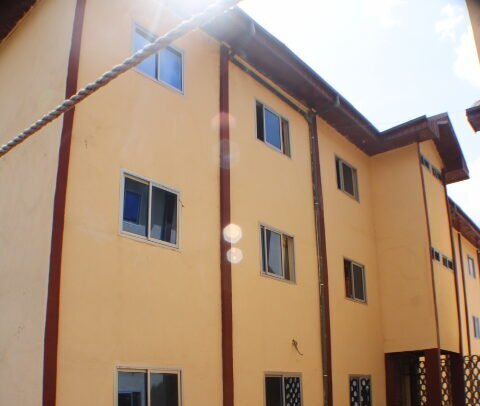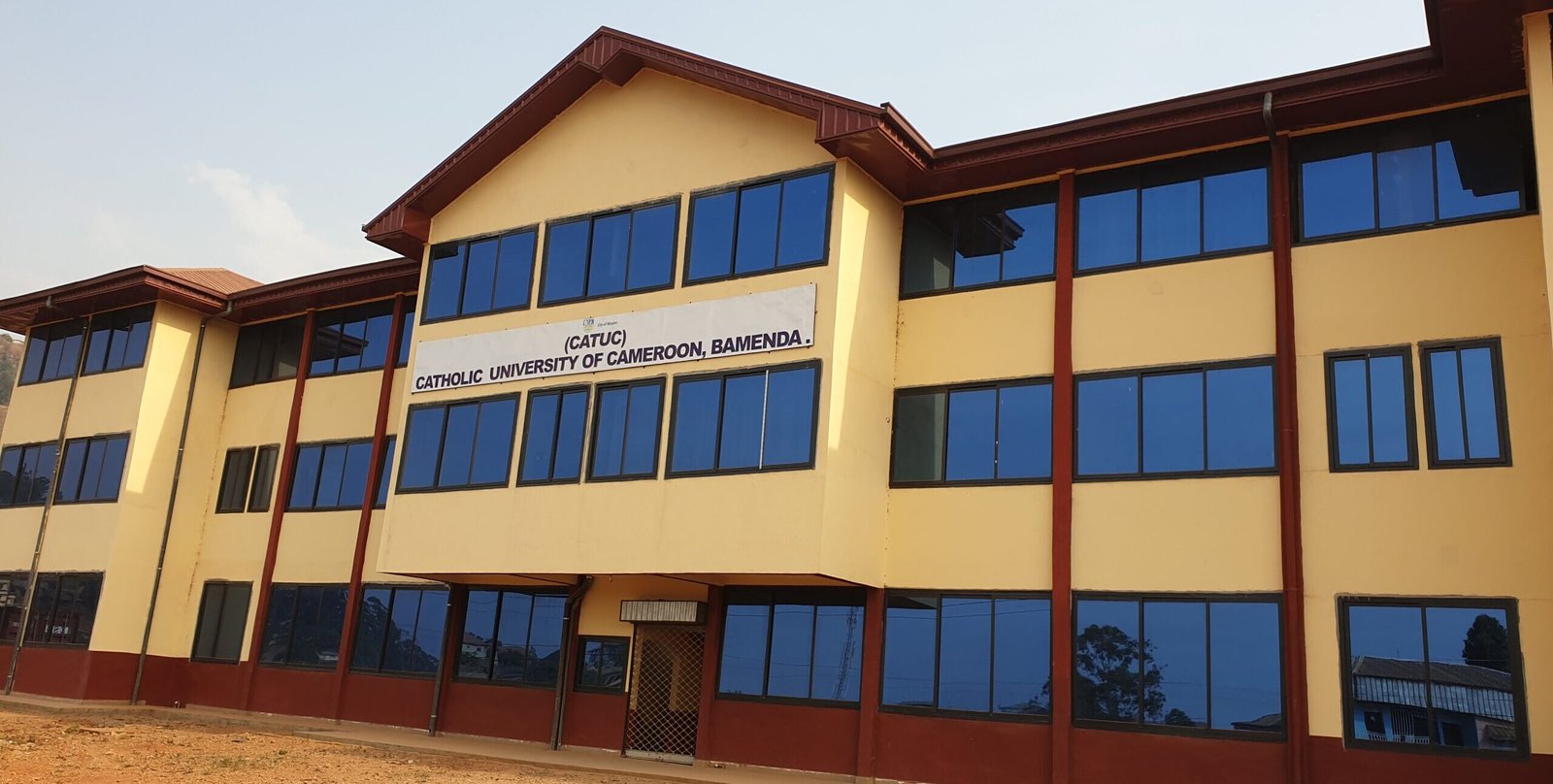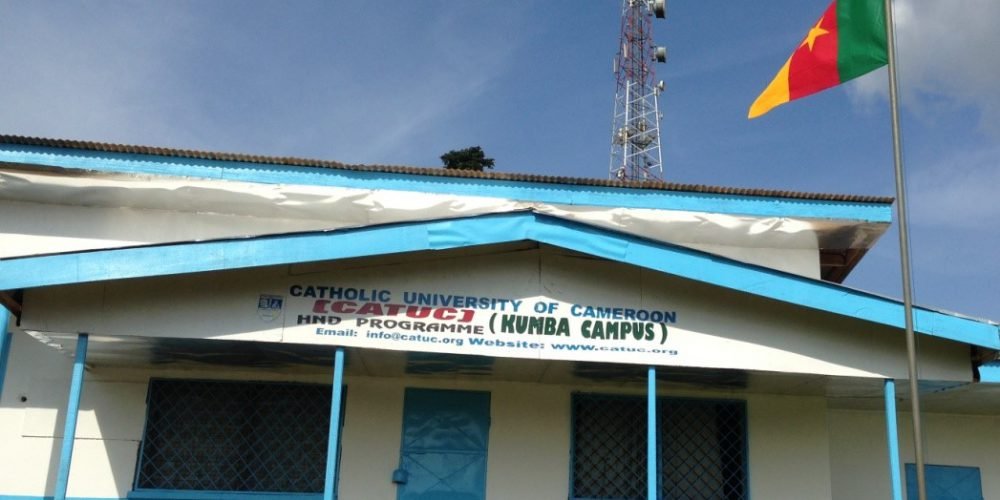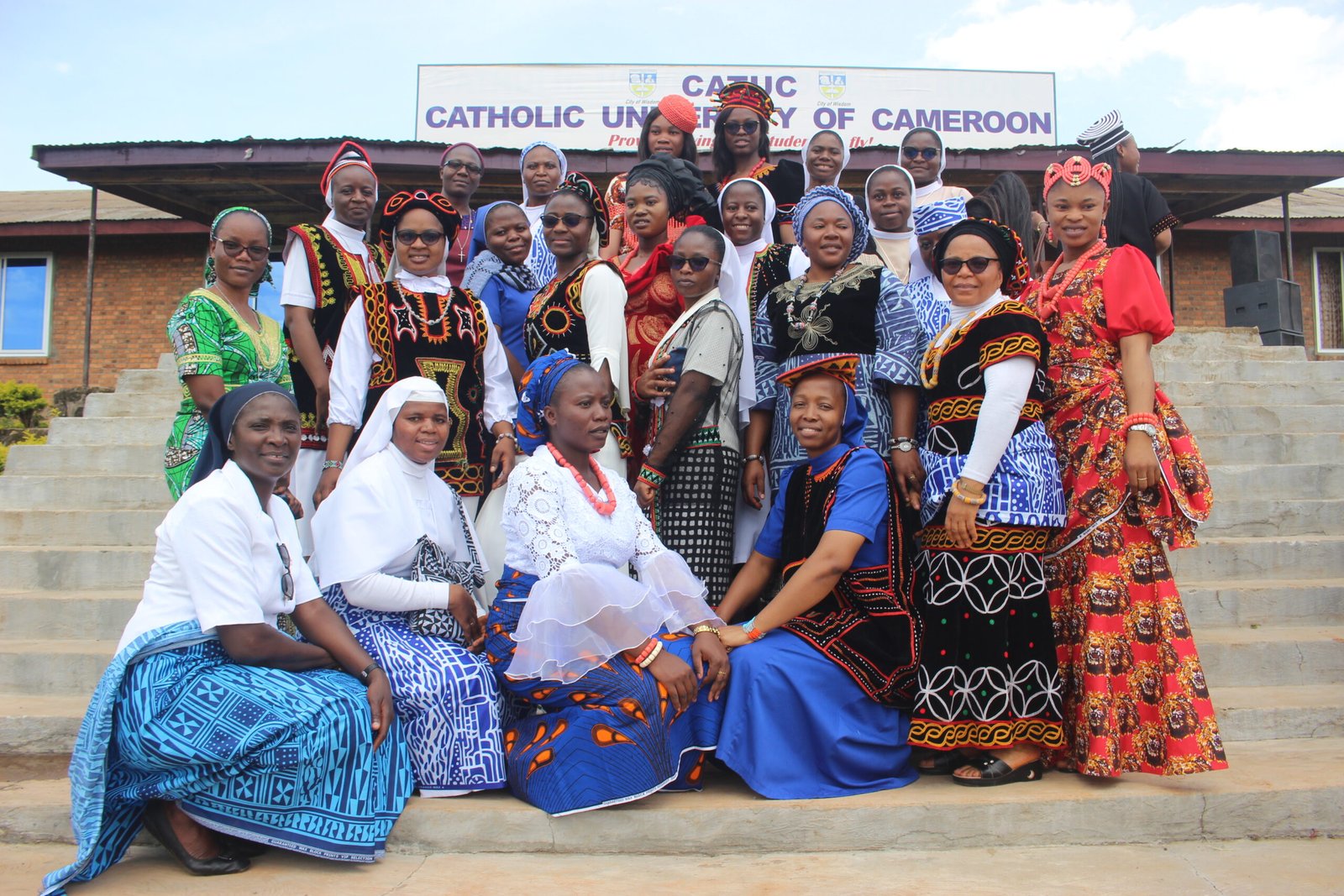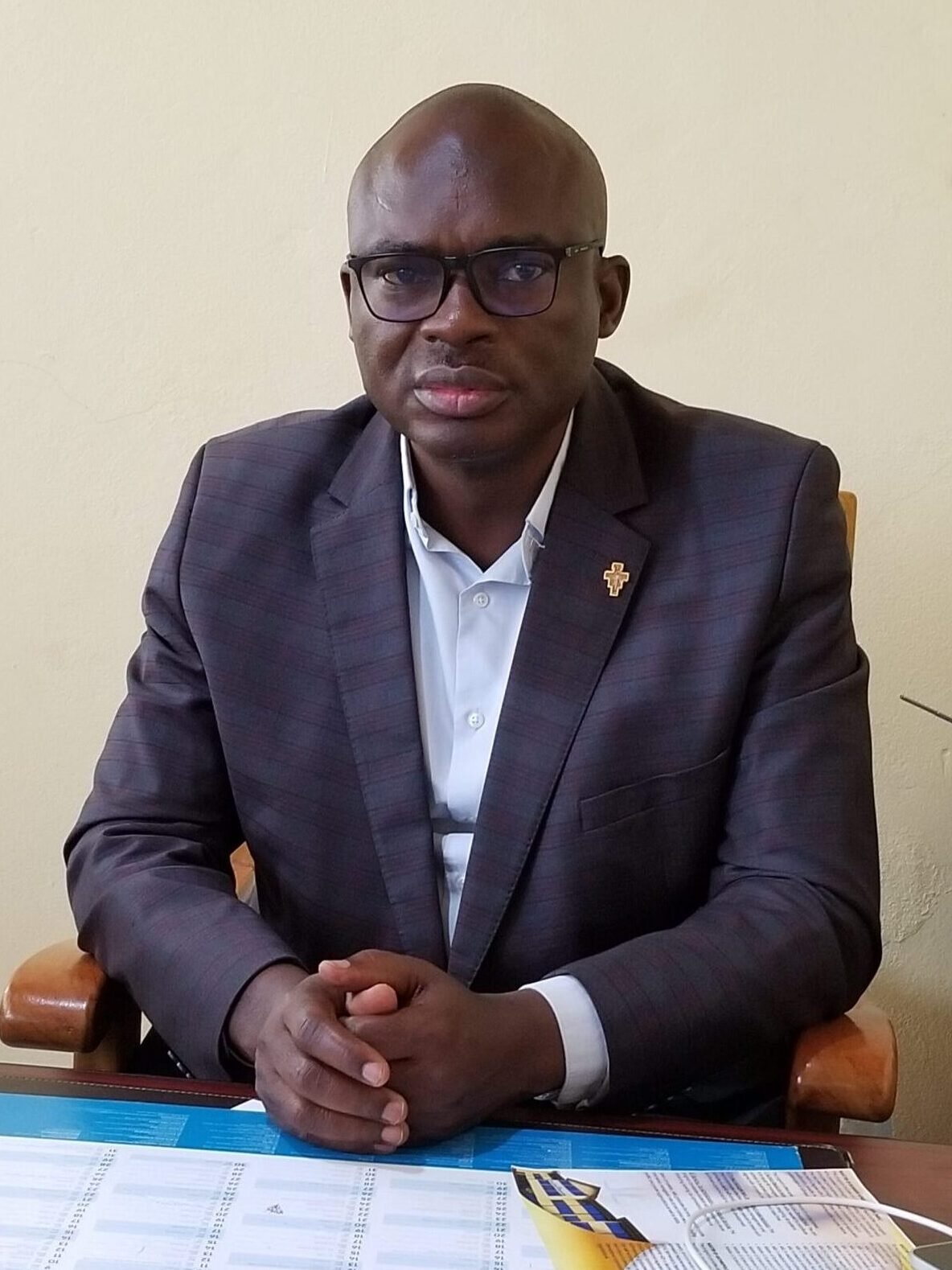
Vice Chancellor's Welcome
“Welcome to our prestigious University, where world-class education meets a nurturing community of scholars. As Vice Chancellor, I am delighted to extend my heartfelt greetings to students, faculty, staff, management, parents, sponsors and stakeholders. Our Insttitution is dedicated to cultivating a dynamic and inclusive learning environment, equipping you with the knowledge and skills to thrive in an ever-evolving world. As our pillars guide us in attaining Academic Excellence and Moral Rectitude - Join us in shaping a brighter future together.”


